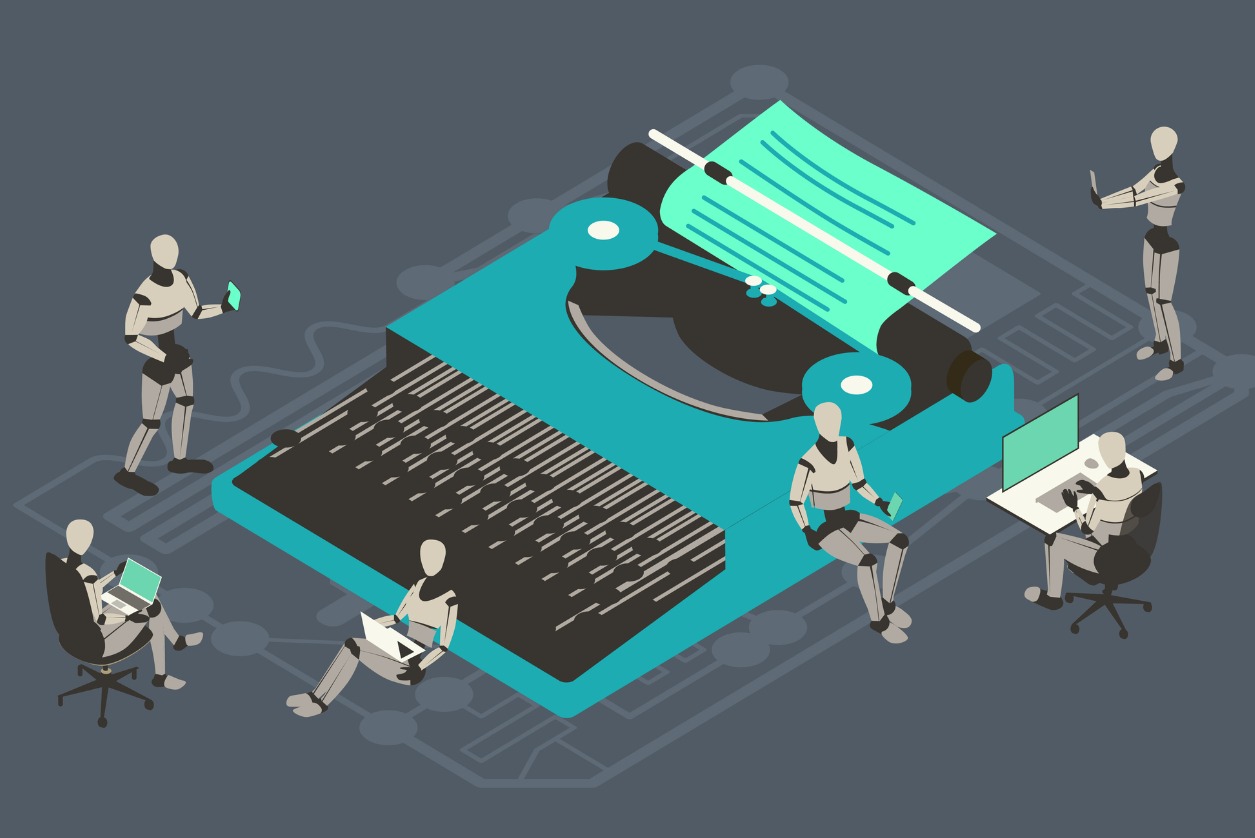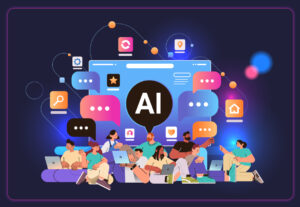What the WGA agreement means for AI use among communicators
There are some big lessons to be learned.

The end of the Writer’s Guild of America (WGA) strike means a lot more than just the return of the entertainment we all love — it also bears considering what the impact will be on the usage of artificial intelligence (AI) in the workplace on the whole.
AI was a big sticking point of the strike, with writers demanding that they receive protections from studios sourcing work from generative software rather than human writers. Under the agreement, studios can’t deploy AI to create work over offering the work to a member of WGA. It also says that, while writers can elect to use AI on their own, a studio can’t force them to utilize it.
”The language in this agreement can serve as a model for other workers and employers, union and nonunion, who agree that neither an outright ban nor unchecked use of A.I. would be a sensible way forward,” writes Dr. Adam Seth Litwin for The New York Times.
“Workers can pressure employers to use technology to augment rather than automate work, asserting that technology does more than just increase the size of labor’s slice. It enlarges the whole pie.”
This agreement also sets a precedent for authorship across industries, along with a reminder that communicators can also augment, not automate their work with AI. What will the impact be on the soft skills, or the human touches needed to succeed as a communicator?
Use cases with AI research
One of the major criticisms (and rightfully so) of generative AI’s writing is that it simply isn’t that sharp. Some tips include:
- Providing specific prompts.
- Including anecdotes and emotion.
- Edit carefully and extensively.
- Ask it to cite sources.
These precepts extend across industries and functions within communications. AI is a good starting place as a research tool, but not an end-all-be-all as it still needs human input.
For instance, AI can help point you to a source, but only a person can vet it for quality and content. Blindly trusting an AI program won’t produce top-quality results.
AI and editorial
Use cases can include writing short marketing copy, blog posts, and emails — but the third point, relating to extensive edits, still rings true. AI doesn’t have the capability to write A+ material on its own. It needs skilled writers and editors involved for that material to exist.
Remember that AI is an augmentation tool for comms pros, not a replacement.
A few weeks ago, both PR Daily’s executive editor Allison Carter and Ragan’s editor-in-chief Justin Joffe collaborated on a column that outlined the impacts of AI on the comms field. The story outlines the idea that AI will impact many parts of the comms business, from editorial function to HR to the bottom line. But with the protections of the strike agreement in mind, it’s worth considering what other sort of AI guardrails might appear in the months and years ahead.
AI and human intangibles
Also worth considering with the rise of AI are the things a virtual program can’t replace — human interaction and connectedness. In any organization, you’re going to need people to head up departments like human resources or finance, because there will always be questions you simply want to speak to another human being about.
While AI is undoubtedly a tool with many applications, it can’t replicate the emotional intelligence needed to navigate human situations in a workplace. That isn’t going to change any time soon.
You should be aware that AI is going to change things, comms pros. But the end of the WGA strike should also remind you that your skills are still valuable.
Sean Devlin is an editor at Ragan Communications. In his spare time he enjoys Philly sports, a good pint and ’90s trivia night.








I think this is a positive step. One thing I would warn against is this idea that AI can’t replace human writers. Sean, you make a vaild point about AI not being able to produce A+ work. But that is only for now. We would be naive to think that the robots will not get better and better. If we can teach a human student to create A+ work, it is only a matter of time (and probably not that much of it) before AI will be producing A++ work. It has happend in other disciplines where now humans are taking new approaches to problems originally devised by the AI and using them. Again, this is why agreements like this could be very important for the future.